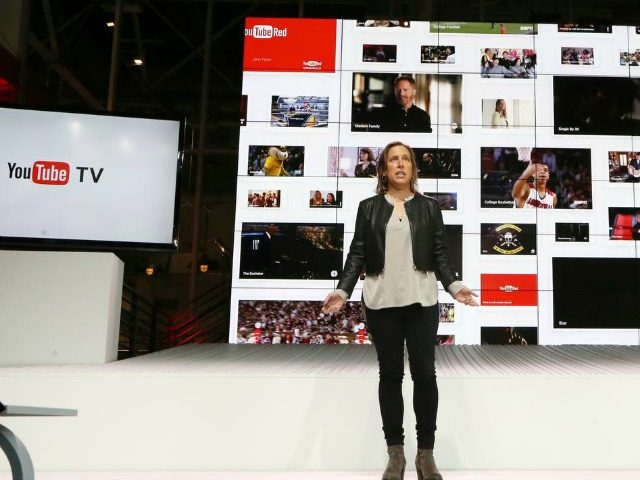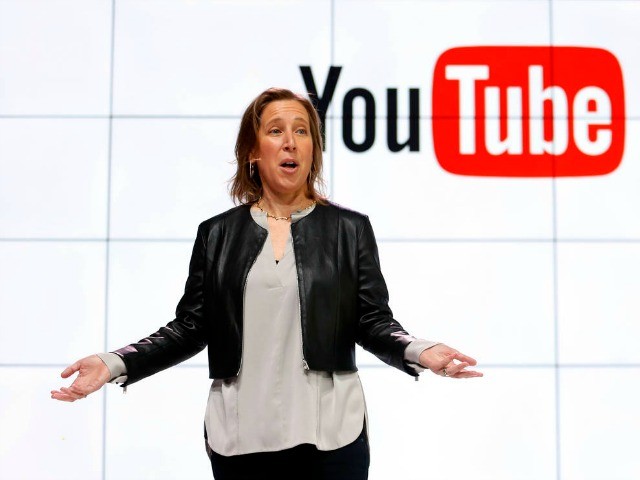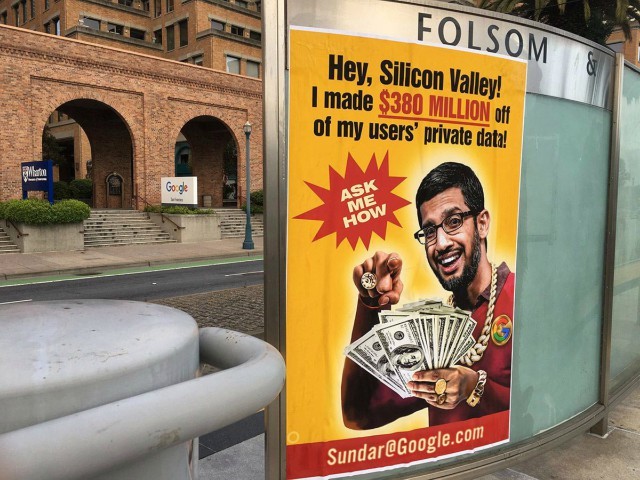A new type of cyber-scam involving false copyright claims on YouTube earned $23 million in ill-gotten gains for two Arizona-based men, Jose Teran and Webster Batista Fernandez, according to a report in Billboard.
Google-owned YouTube allows artists to claim ad revenue on videos uploaded by other users if the videos make use of their music or other copyrighted content. Various companies now specialize in tracking and claiming revenue on copyrighted material across the web, on behalf of copyright holders.
According to court filings, Teran and Batista gamed this system to rack up $23 million in ad revenue for YouTube videos containing music from a number of Latin artists, by falsely claiming they held the copyright to the songs.
Via Billboard:
According to documents filed in Arizona federal court, over about a four-year period, Teran and Batista (along with a number of alleged conspirators) devised a company they called MediaMuv to siphon off $23 million in master and publishing royalties for Latin music copyrights they did not control. Much of these royalties were claimed through the popular rights management company AdRev, which is owned by Downtown Music Holdings. Teran, whose attorneys did not respond to requests for comment, pleaded not guilty and awaits trial in November. Batista, on the other hand, took a plea deal on April 21, admitting guilt to one count of wire fraud and one count of conspiracy. As part of the plea agreement, he revealed key insights to the court as to how the MediaMuv scam was committed. Batista’s attorney and an IRS representative declined to comment on this story because the case is still ongoing.
The copyright claim model is a tool that YouTube and other online platforms use to solve the conflict between copyright holders and a decentralized ecosystem in which users are constantly uploading content created by other people. The automated nature of this system leads to plenty of abuse of the system, both by those wishing to shut down a particular channel and by scammers as in this case.
Allum Bokhari is the senior technology correspondent at Breitbart News. He is the author of #DELETED: Big Tech’s Battle to Erase the Trump Movement and Steal The Election.



COMMENTS
Please let us know if you're having issues with commenting.